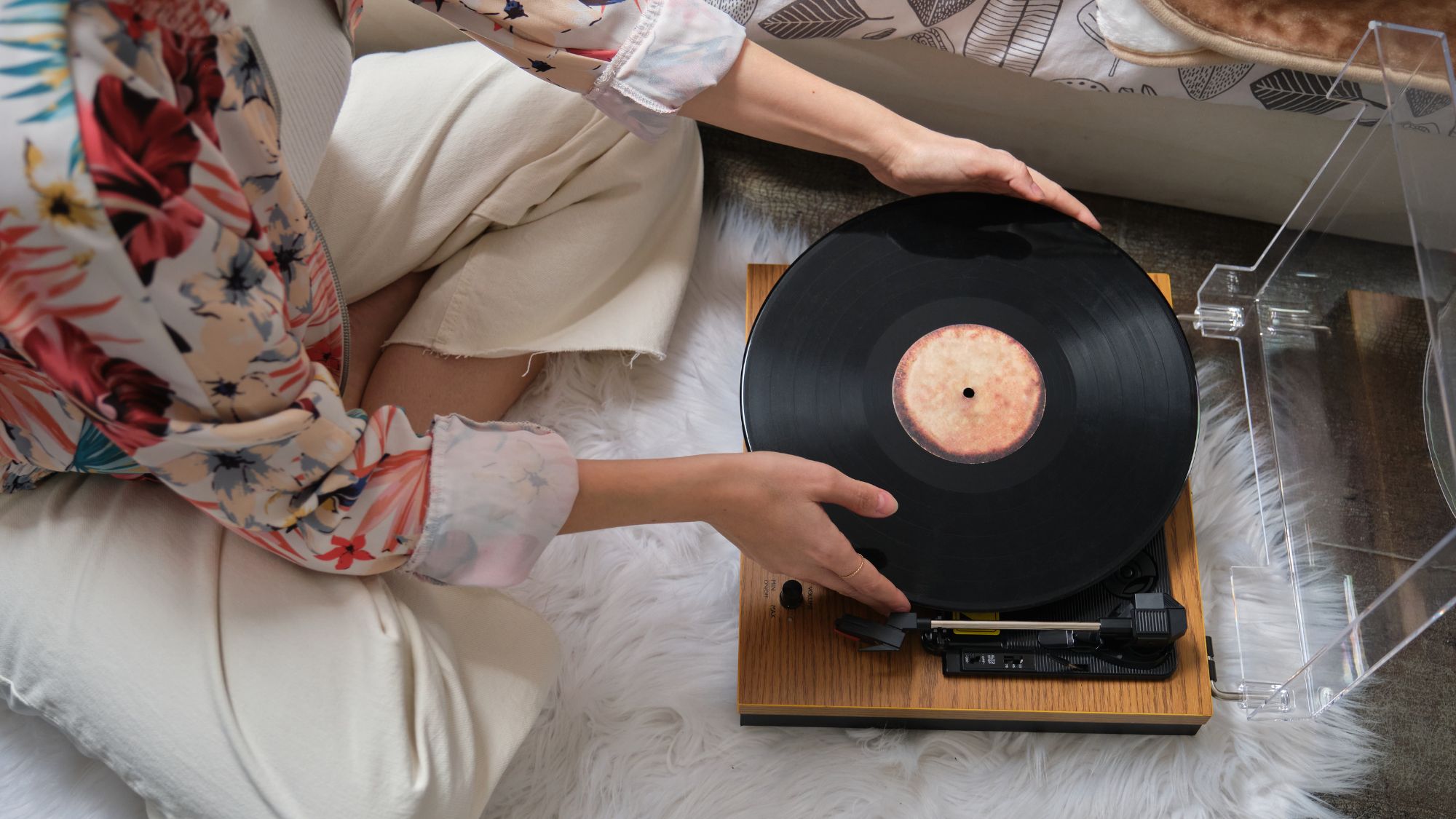Could your old junk be a valuable collector's item?
From toys to vinyl records – classic items worth thousands could be gathering dust in your home

A free daily email with the biggest news stories of the day – and the best features from TheWeek.com
You are now subscribed
Your newsletter sign-up was successful
Classic items such as dolls and vinyl records are having a resurgence and could be worth thousands of pounds for those who own them.
The run-up to the festive period may be a good time to tidy up for guests but you may have "forgotten treasures" that could be worth significant sums, said NerdWallet. Many of the "bits and bobs" you have lying around the home may not actually be rubbish, added the financial website, and could be worth some cash.
For example, classic vinyl such as The Beatles' White Album or Led Zeppelin's debut are selling for up to £10,000, according to music technology firm A2D2. Many of the most valuable albums could be hiding in "prized record collections handed down through generations", or on sale in your local charity shop.
The Week
Escape your echo chamber. Get the facts behind the news, plus analysis from multiple perspectives.

Sign up for The Week's Free Newsletters
From our morning news briefing to a weekly Good News Newsletter, get the best of The Week delivered directly to your inbox.
From our morning news briefing to a weekly Good News Newsletter, get the best of The Week delivered directly to your inbox.
Popular collector items or passion investments include sports memorabilia, vintage toys and fashion as well as electronics, said auctioneer William George.
Art is currently the most popular collector's item among high-net worth individuals, according to the latest Knight Frank Luxury Investment Index, but fine wine and classic cars are also popular.
It is also worth thinking about the items on sale for Christmas today that "could be collector's items in the decades to come", said the Daily Telegraph. Festive shelves are stacked with Barbies, Star Wars figures, video games and trading cards that many parents will remember from their childhood, and could hold their value or increase exponentially.
What makes an item collectible?
Unlike the stock market, said the Grove Gallery, collectibles are usually valued at a "much higher price" than their original cost.
A free daily email with the biggest news stories of the day – and the best features from TheWeek.com
Rarity is a "key factor", said MoneyWeek. The more unique something is, "the more it could be worth". Condition is also important, added the financial website, with more pristine items attracting the most value.
Demand is also important, said The Conversation, as when an item is "attractive but rare or difficult to get", it becomes more valuable.
Where to buy and sell collectibles?
There are risks with collectibles as as some items can become "totally unfashionable for no apparent reason" and lose value, said Jasmine Birtles in GoodHousekeeping, so you need to know when to buy and "where to sell" to make a profit
Websites such as eBay, Etsy and Gumtree are "user-friendly online options", said NerdWallet, but will "take a cut of your sales". An auction house could be the best place for a "high price tag", the financial website added.
Charity shops and secondhand shops are also worth checking for buyers, said Martyn James in The Times Money Mentor, and you can have more rights and protection when buying from a business or through reputable websites rather than an individual.
The collectibles market is "rife with fraudulent activity" though, warned Picture Perfect Portfolios, and it can be "difficult to verify the authenticity and value of certain items".
People should not "feel shy" to ask about an item's provenance, added ThisIsMoney. If you are unsure, always seek advice from an expert dealer or historian "before handing over any money".
Marc Shoffman is an NCTJ-qualified award-winning freelance journalist, specialising in business, property and personal finance. He has a BA in multimedia journalism from Bournemouth University and a master’s in financial journalism from City University, London. His career began at FT Business trade publication Financial Adviser, during the 2008 banking crash. In 2013, he moved to MailOnline’s personal finance section This is Money, where he covered topics ranging from mortgages and pensions to investments and even a bit of Bitcoin. Since going freelance in 2016, his work has appeared in MoneyWeek, The Times, The Mail on Sunday and on the i news site.